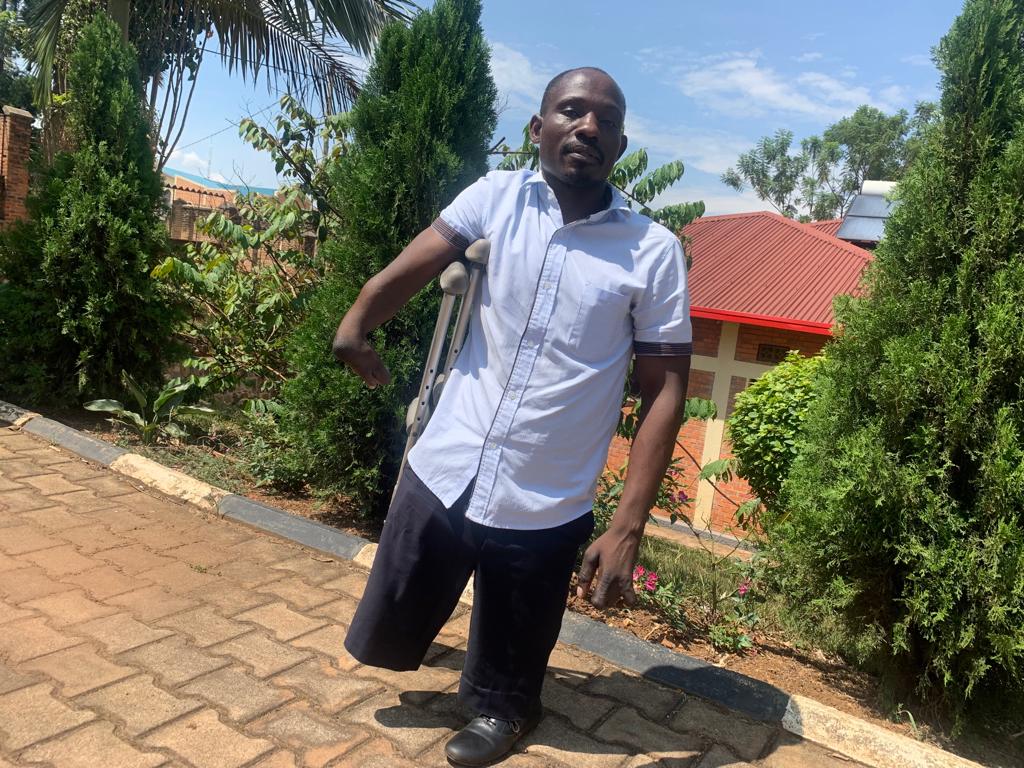
News
Shut Out
Play audio version
Inaccessible Job Opportunities a Pressing Issue for Rwandans with Short Stature
November 1, 2022
KIGALI, Rwanda – Despite graduating from the University of Rwanda with a bachelor’s degree in laboratory sciences over four years ago, Daphrose Yamfashije, a woman with short stature, has yet to find a full-time job. She’s worked part-time for organizations of persons with disabilities (OPDs), but her attempts at finding work at government and private institutions have been unsuccessful, she says.
“Mainly it is due to the physical and material inaccessibility in these institutions, as many laboratory materials like gloves, masks, tables are beyond my size, and moreover microscopes are at the tables that I cannot reach to,” explains Yamfashije. “I cannot be a clinical laboratory scientist without using microscopes and other laboratory machines.”
Yamfashije is not alone. In Rwanda, one of the many challenges persons with short stature face is a very low employment rate. Persons with short stature who are employed often work for OPDs. Manasseh Nzanira, vice president of the Rwanda Union of Little People (RULP), says that among the more than 200 RULP members across six districts in Rwanda, only one person with short stature is known to work for a government institution. The remaining members either work for OPDs or are unemployed.
Cyprian Niyibigira, a man with short stature who works for Association Générale des Handicapés du Rwanda (AGHR), says that persons with short stature have been marginalized for years. This marginalization has intensified since the end of the genocide in 1994, as Rwanda has experienced heightened economic and social development issues, including high rates of unemployment, he explains.
Persons with short stature and other marginalized groups face extra challenges in accessing employment due to various factors like negative attitudes of employers who value your disability before your ability.
Cyprian Niyibigira, Association Générale des Handicapés du Rwanda (AGHR)
“Generally, it is not easy for persons with any type of disability to find a job in Rwanda in any other private or public institution in Rwanda. They mainly work with their organization of persons with disabilities. But persons with short stature and other marginalized groups face extra challenges in accessing employment due to various factors like negative attitudes of employers who value your disability before your ability,” says Niyibigira. “This means that when you enter an organization searching for a job, they first analyze and count how much money they are going to spend [for] you to work safely.”
Despite legislation intended to protect rights to employment for persons with disabilities – and even incentives for employers to hire persons with disabilities – persons with short stature feel that employers have not complied.
Yamfashije says she encountered employers who didn’t want to make accommodations for her disability. “What I experienced is that they sometimes fear costs of new materials for me as a new employee and negative attitude toward my ability,” she says.
Systemic Inequities
Aside from employers reluctant to spend on accommodations, systemic inequities contribute to the low rate of employment for persons with short stature, RULP’s Nzanira says. “First of all, there is very low education level among persons with short stature in Rwanda. On the side of families and communities, they meet stereotypes; negative attitudes [have] denied them to access education,” he says. “Moreover, persons with short stature have [a lack of] self-esteem, self-isolation, personal historical background, [are] illiterate or lack adequate qualifications and are not welcomed in social or community activities and events.”
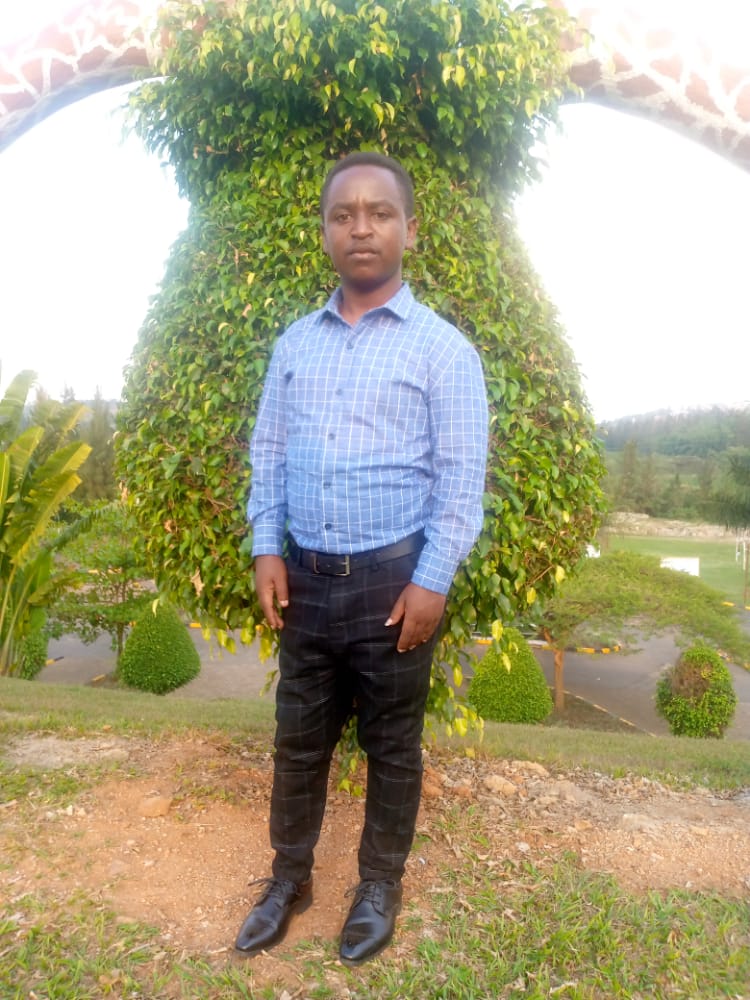
Nzanira added that inaccessible employment compounds the challenges persons with short stature already face, such as chronic poverty, mental health problems, high rates of unemployment, sexual and gender-based violence, and malnutrition. It also increases the number of people dependent on government support for their basic needs, he says.
“I wish the government should take appropriate decisions and put in place policies and ministerial orders determining the modalities of facilitating persons with disabilities to easily access employment in Rwanda,” says Nzanira. “And in addition, persons with short stature should have self-confidence, join other institutions and show them their ability or else start their own businesses.”
Francine Uwayisaba is a field officer at Rwanda Union of Little People (RULP) and in charge of the organization’s communications. She writes grants, manages RULP’s social media, and composes articles and weekly updates for the website. @2022 RULP. All rights reserved.
News From the Global Frontlines of Disability Justice
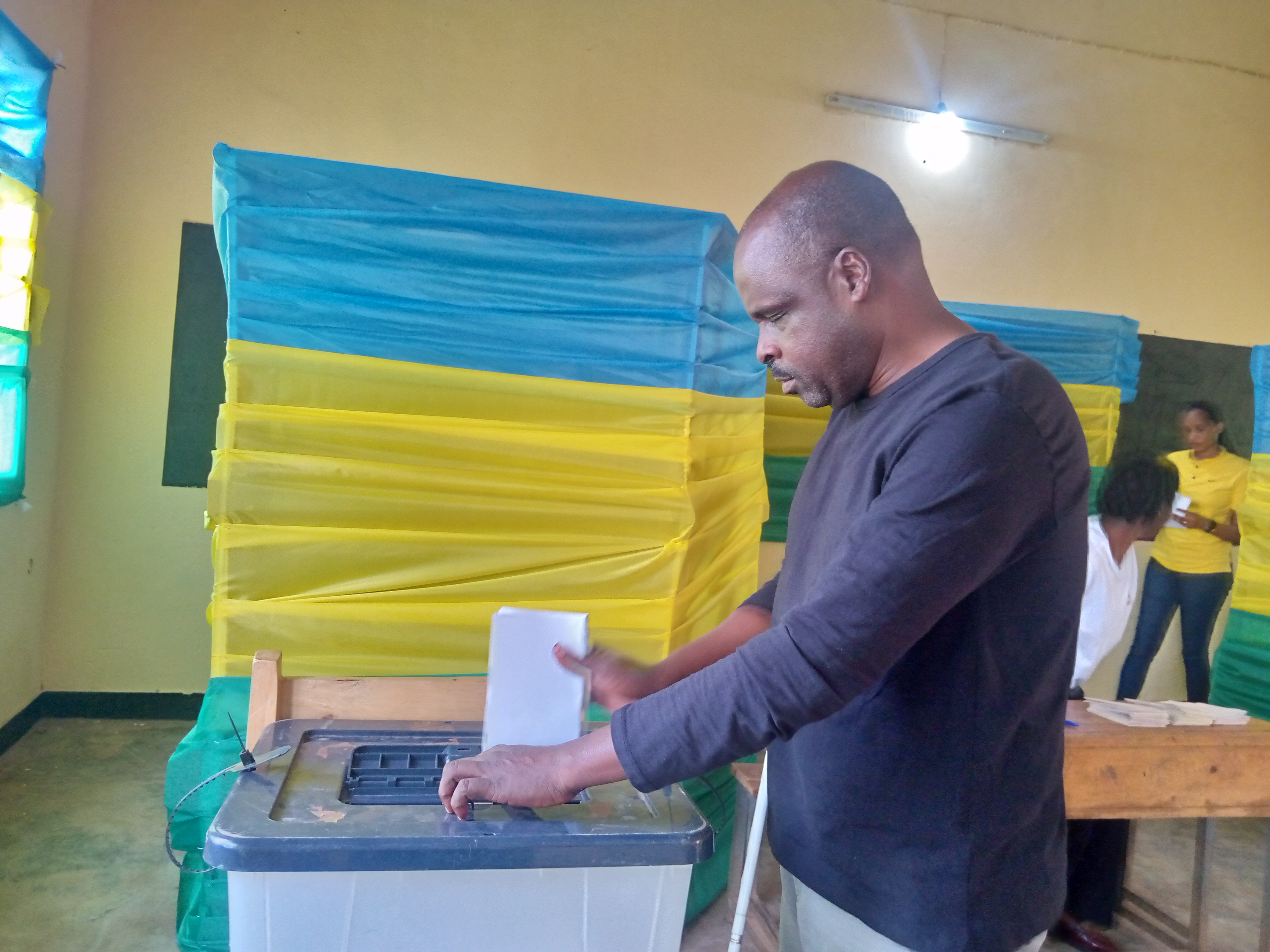
Advancing Democracy
Rwanda has made significant progress in making its elections more accessible, highlighted by the July 15 general elections where notable accommodations were provided. This was a major step forward in disabled Rwandans’ quest for equal rights and participation. “You cannot imagine how happy I am, for I have voted by myself and privately as others do accessibly,” says Jean Marie Vianney Mukeshimana, who used a Braille voting slate for the first time. “Voting is a deeply emotional and meaningful experience for a person with any disability in Rwanda, reflecting a blend of pride, empowerment, and hope.”
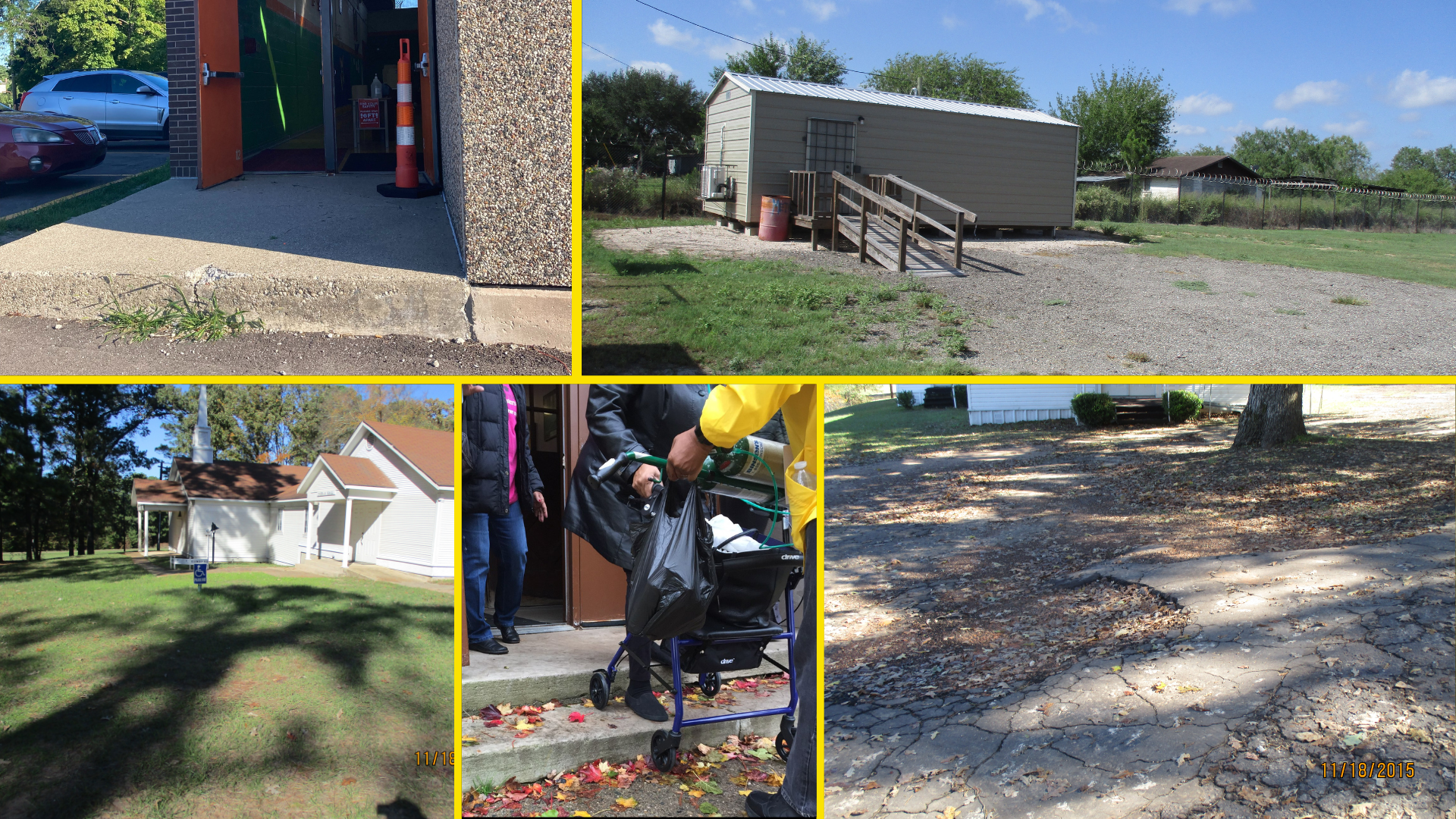
Barriers to the Ballot
Despite legislation like the Americans with Disabilities Act, barriers at the polls still hinder — and often prevent — people with disabilities from voting. New restrictive laws in some states, such as criminalizing assistance with voting, exacerbate these issues. Advocacy groups continue to fight for improved accessibility and increased voter turnout among disabled individuals, emphasizing the need for multiple voting options to accommodate diverse needs. ““Of course, we want to vote,” says Claire Stanley with the American Council of the Blind, “but if you can’t, you can’t.”
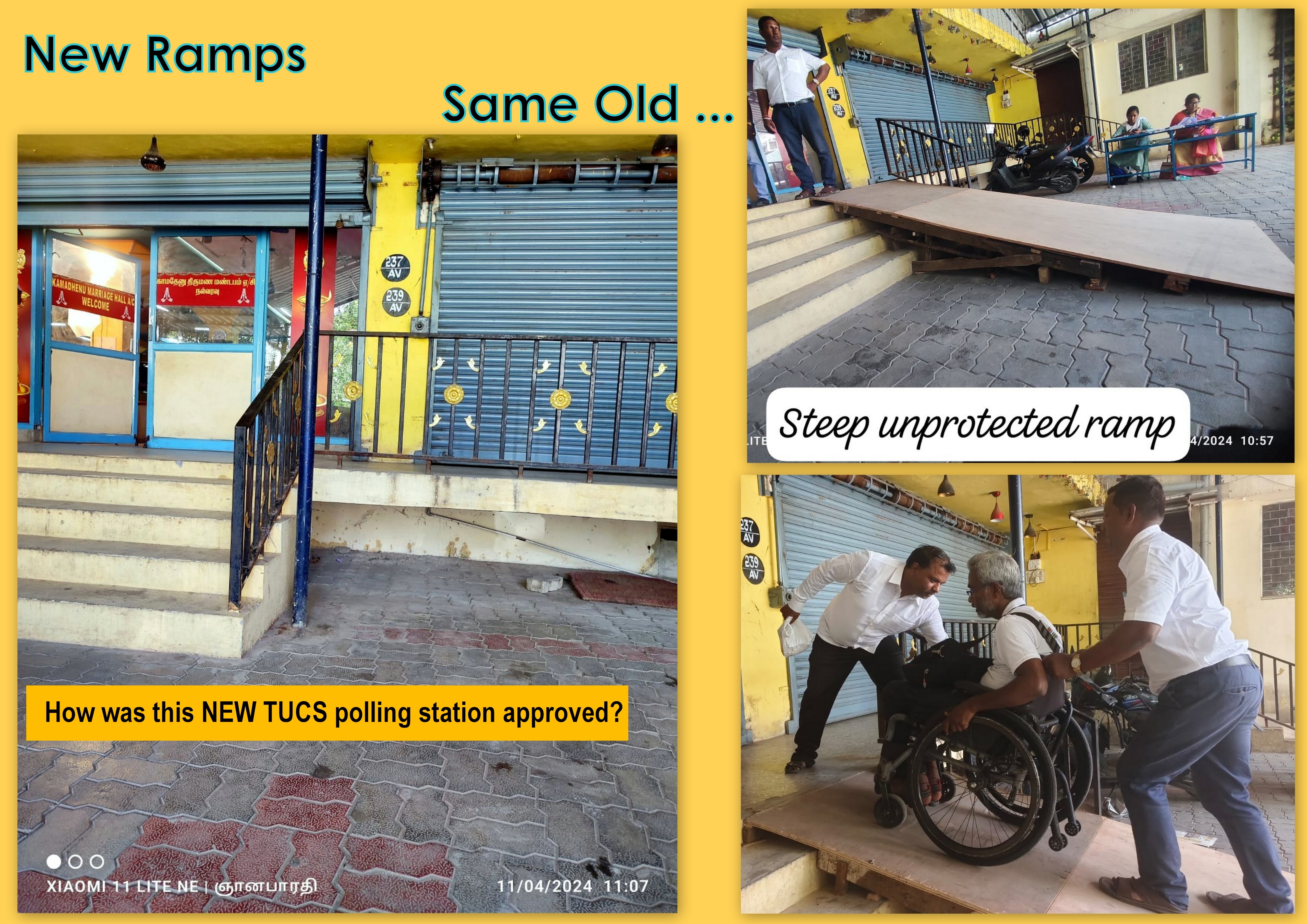
Democracy Denied
In 2024, a record number of voters worldwide will head to the polls, but many disabled individuals still face significant barriers. In India, inaccessible electronic voting machines and polling stations hinder the ability of disabled voters to cast their ballots independently. Despite legal protections and efforts to improve accessibility, systemic issues continue to prevent many from fully participating in the world’s largest democracy. “All across India, the perception of having made a place accessible,” says Vaishnavi Jayakumar of Disability Rights Alliance, “is to put a decent ramp at the entrance and some form of quasi-accessible toilet.”
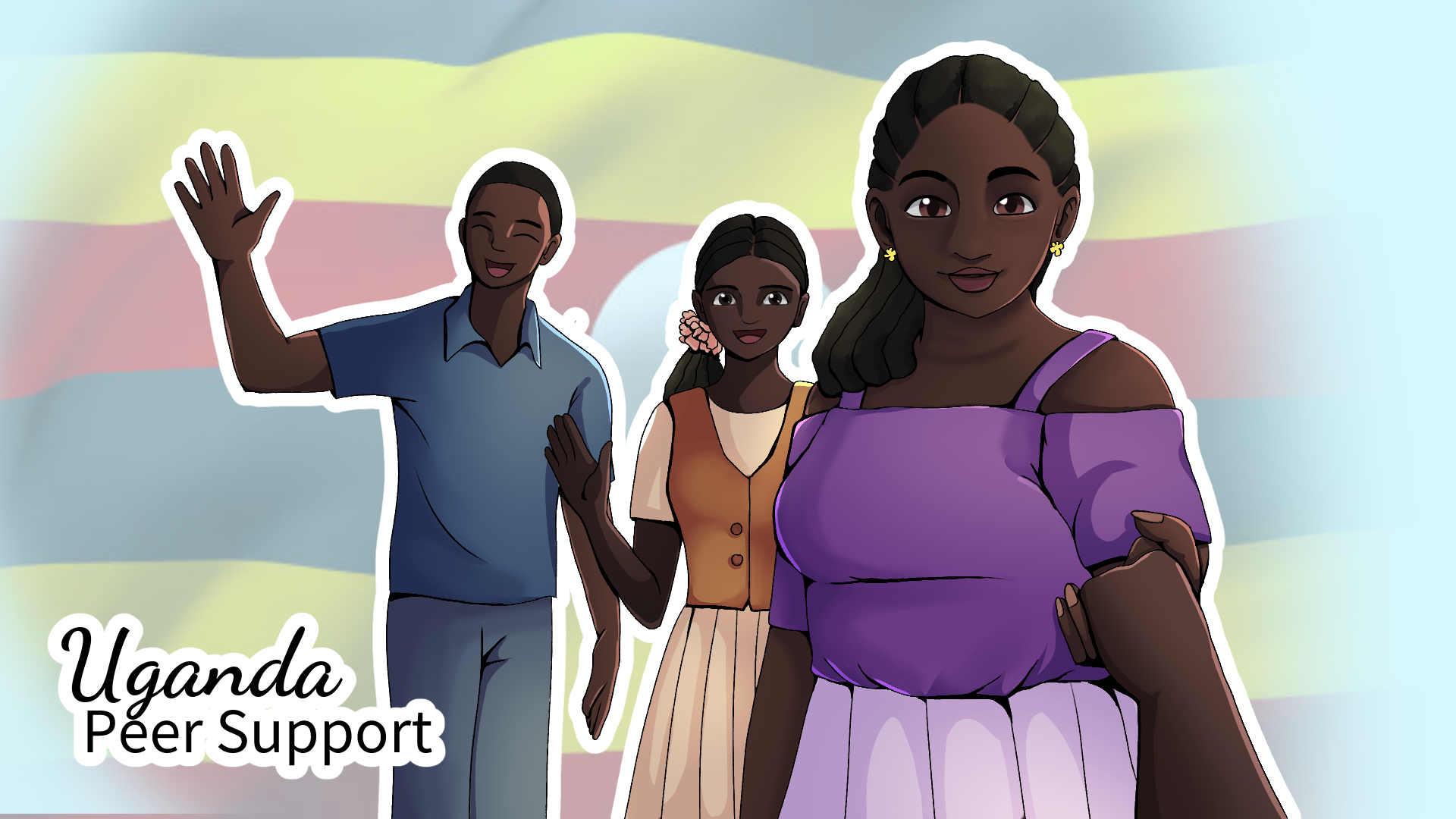
Triumph Over Despair
DJP Fellow Esther Suubi shares her journey of finding purpose in supporting others with psychosocial disabilities. She explores the transformative power of peer support and her evolution to becoming an advocate for mental health. “Whenever I see people back on their feet and thriving, they encourage me to continue supporting others so that I don’t leave anyone behind,” she says. “It is a process that is sometimes challenging, but it also helps me to learn, unlearn, and relearn new ways that I can support someone – and myself.”
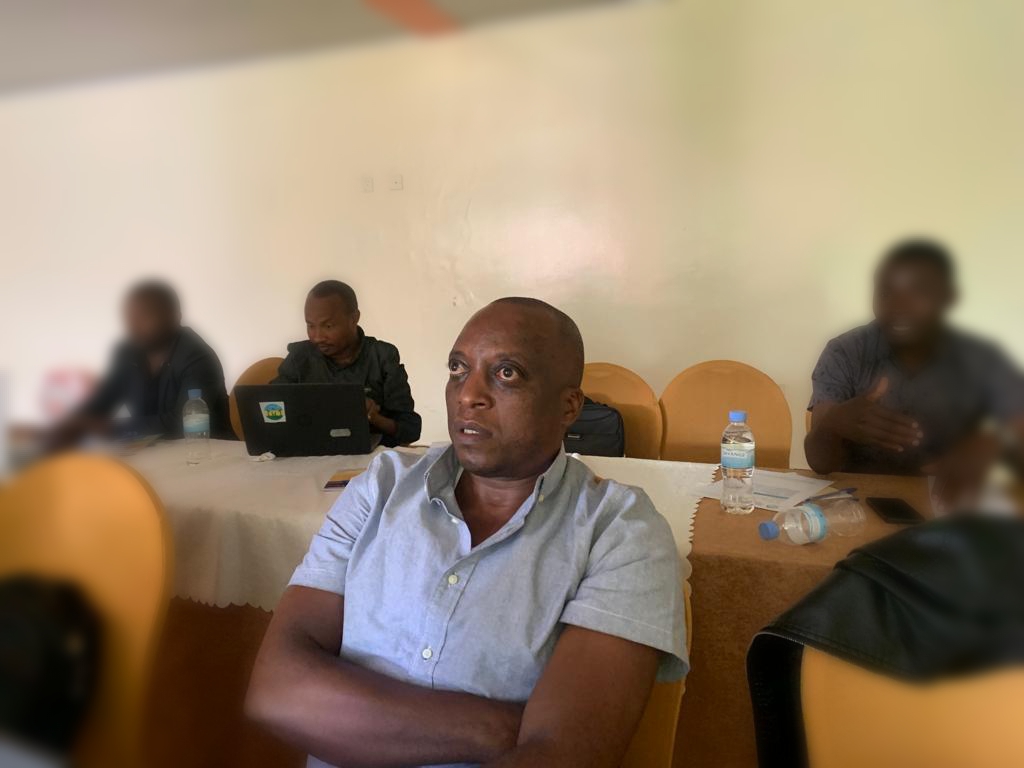
‘Our Vote Matters’
As Rwanda prepares for its presidential elections, voices like Daniel Mushimiyimana’s have a powerful message: every vote counts, including those of citizens with disabilities. Despite legal frameworks like the UN Convention on the Rights of Persons with Disabilities, challenges persist in translating these into practical, accessible voting experiences for over 446,453 Rwandans with disabilities. To cast a vote, blind people need to take a sighted relative to read the ballot. An electoral committee member must be present, violating the blind person’s voting privacy. “We want that to change in these coming elections,” says Mushimiyimana.
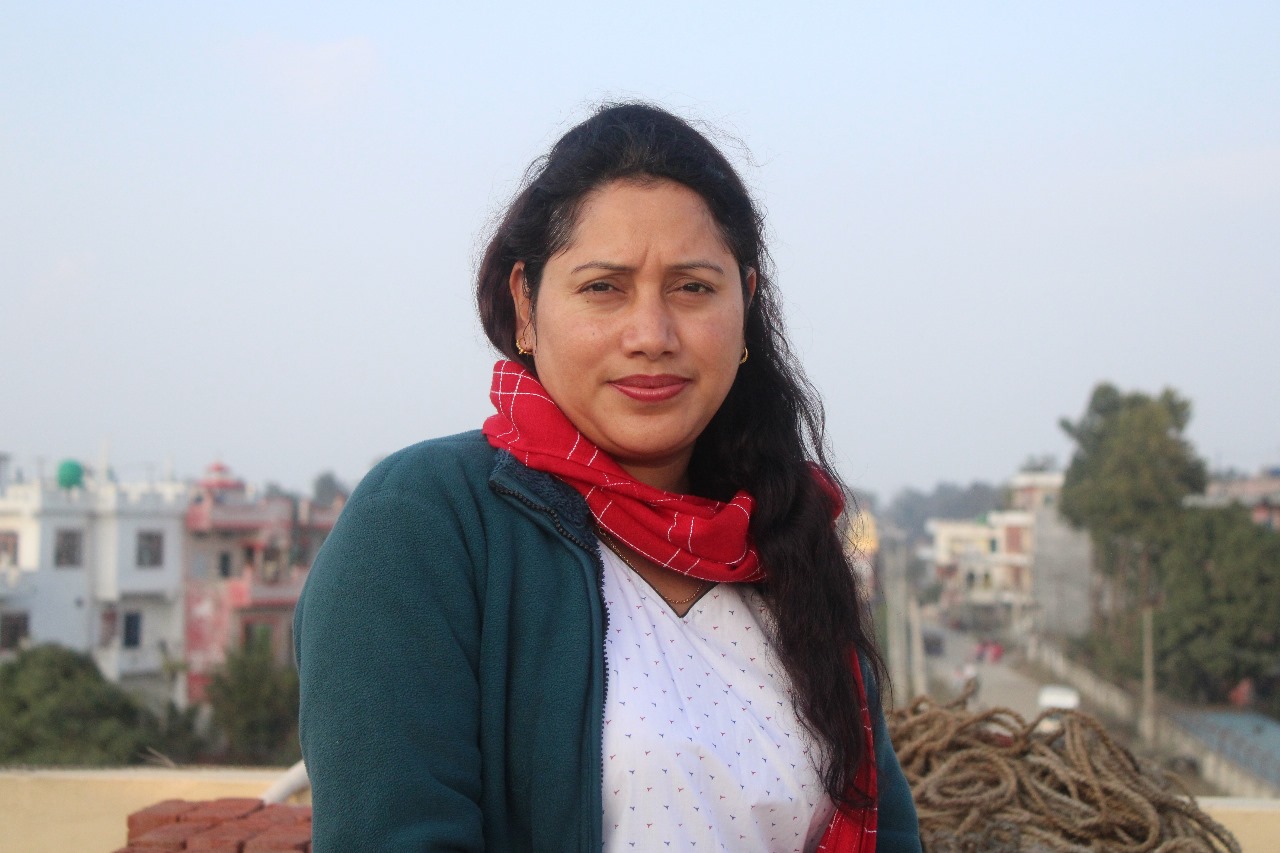
Voices Unsilenced
Often dismissed as a personal concern, mental health is a societal issue, according to Srijana KC, who works as a psychosocial counselor for the Nepali organization KOSHISH. KC’s own history includes a seizure disorder, which resulted in mental health challenges. She faced prejudice in both educational settings and the workplace, which pushed her towards becoming a street vendor to afford her medications. Now with KOSHISH, she coordinates peer support gatherings in different parts of Nepal. “It is crucial to instill hope in society, recognizing that individuals with psychosocial disabilities can significantly contribute,” she says.